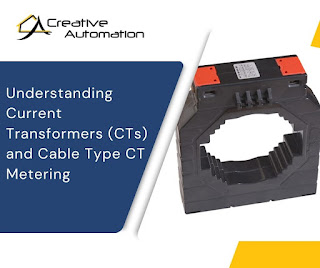Optimize Your Industrial Processes with Temperature and Humidity Sensors, Process Controllers, and Signal Splitters
In today's competitive industrial landscape, precise monitoring and control of environmental and operational parameters are crucial for maintaining high efficiency and productivity. Temperature and humidity sensors, process controllers, and signal splitters are essential tools that help industries achieve optimal performance. Understanding the role and benefits of these devices can help you make informed decisions when choosing the right equipment for your needs.
Temperature and Humidity Sensors: Ensuring Optimal Environmental Conditions
Temperature and humidity sensors play a vital role in various industries, from manufacturing to agriculture. These sensors provide accurate measurements of environmental conditions, allowing for real-time monitoring and adjustments to maintain optimal conditions. By preventing excessive humidity or temperature fluctuations, these sensors help protect sensitive equipment and products, ensuring quality and reducing waste. For instance, in the food industry, maintaining the right temperature and humidity is essential to preserve product freshness and safety.
When selecting a temperature and humidity sensor, consider factors such as accuracy, range, and compatibility with your existing systems. Advanced models offer digital outputs and integrate seamlessly with process controllers and data logging systems, providing a comprehensive monitoring solution.
Process Controllers: Achieving Precision in Industrial Operations
Process controllers are designed to manage and regulate various industrial processes, ensuring that they operate within set parameters. These devices receive input from sensors and adjust outputs to maintain desired levels of temperature, pressure, flow, or other variables. By automating control functions, process controllers enhance accuracy, reduce manual intervention, and increase efficiency.
Modern process controllers offer advanced features such as programmable settings, digital displays, and remote connectivity, allowing for flexible and precise control of complex processes. Whether you are in the chemical, pharmaceutical, or automotive industry, investing in a high-quality process controller can significantly improve your operational performance and reduce downtime.
Signal Splitters: Enhancing Signal Integrity and Distribution
Signal splitters are critical components in industrial automation and control systems. They are used to distribute a single input signal to multiple outputs, ensuring that each device receives accurate and consistent data. This is particularly important in applications where multiple instruments or controllers need to share the same signal without degradation or loss.
Choosing the right signal splitter depends on factors like signal type, output requirements, and environmental conditions. High-quality signal splitters are designed to maintain signal integrity, prevent interference, and support various signal types, including analog, digital, and pulse signals.
Conclusion
Investing in reliable temperature and humidity sensors, process controllers, and signal splitters is essential for optimizing industrial processes and ensuring high-quality outcomes. By carefully selecting the right equipment and integrating it into your operations, you can achieve greater efficiency, reduce costs, and maintain a competitive edge in your industry. Whether you are upgrading existing systems or setting up a new facility, these devices will provide the control and precision needed to thrive in today's demanding market.



.jpg)
Comments
Post a Comment